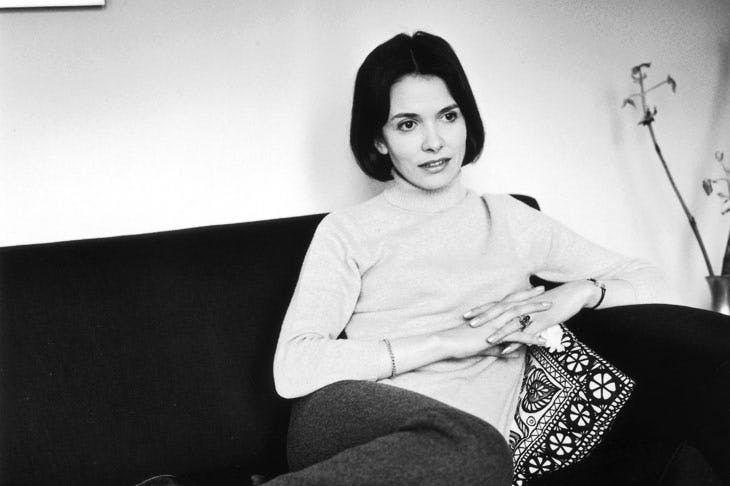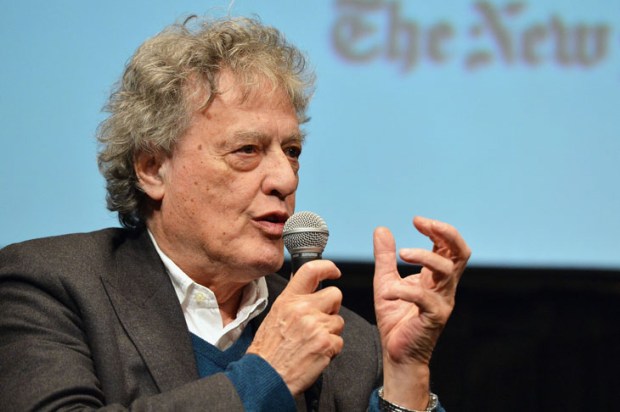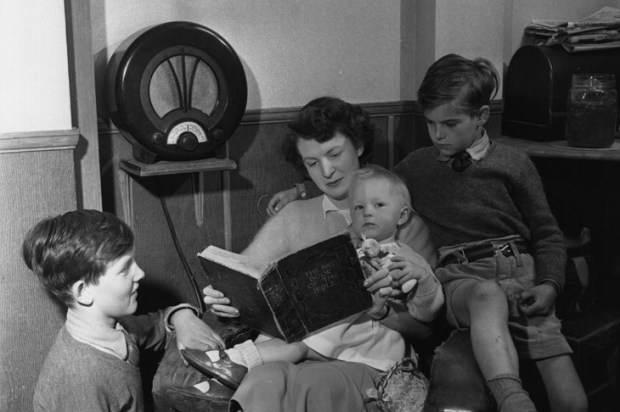How about this for an inspiring response to what could have been a personal tragedy. Chi-chi Nwanoku was in the sixth form at school, a promising athlete hoping to represent Great Britain as a 100-metre sprinter, when she injured her knee playing football. ‘It was a poignantly painful moment,’ she recalls, but thanks to a far-seeing music teacher and headmaster, and her own inimitable character, the accident was turned into a springboard not just for her but, through her, for many other young musicians too.
Already a subscriber? Log in
Subscribe for just $2 a week
Try a month of The Spectator Australia absolutely free and without commitment. Not only that but – if you choose to continue – you’ll pay just $2 a week for your first year.
- Unlimited access to spectator.com.au and app
- The weekly edition on the Spectator Australia app
- Spectator podcasts and newsletters
- Full access to spectator.co.uk
Unlock this article
You might disagree with half of it, but you’ll enjoy reading all of it. Try your first month for free, then just $2 a week for the remainder of your first year.














Comments
Don't miss out
Join the conversation with other Spectator Australia readers. Subscribe to leave a comment.
SUBSCRIBEAlready a subscriber? Log in